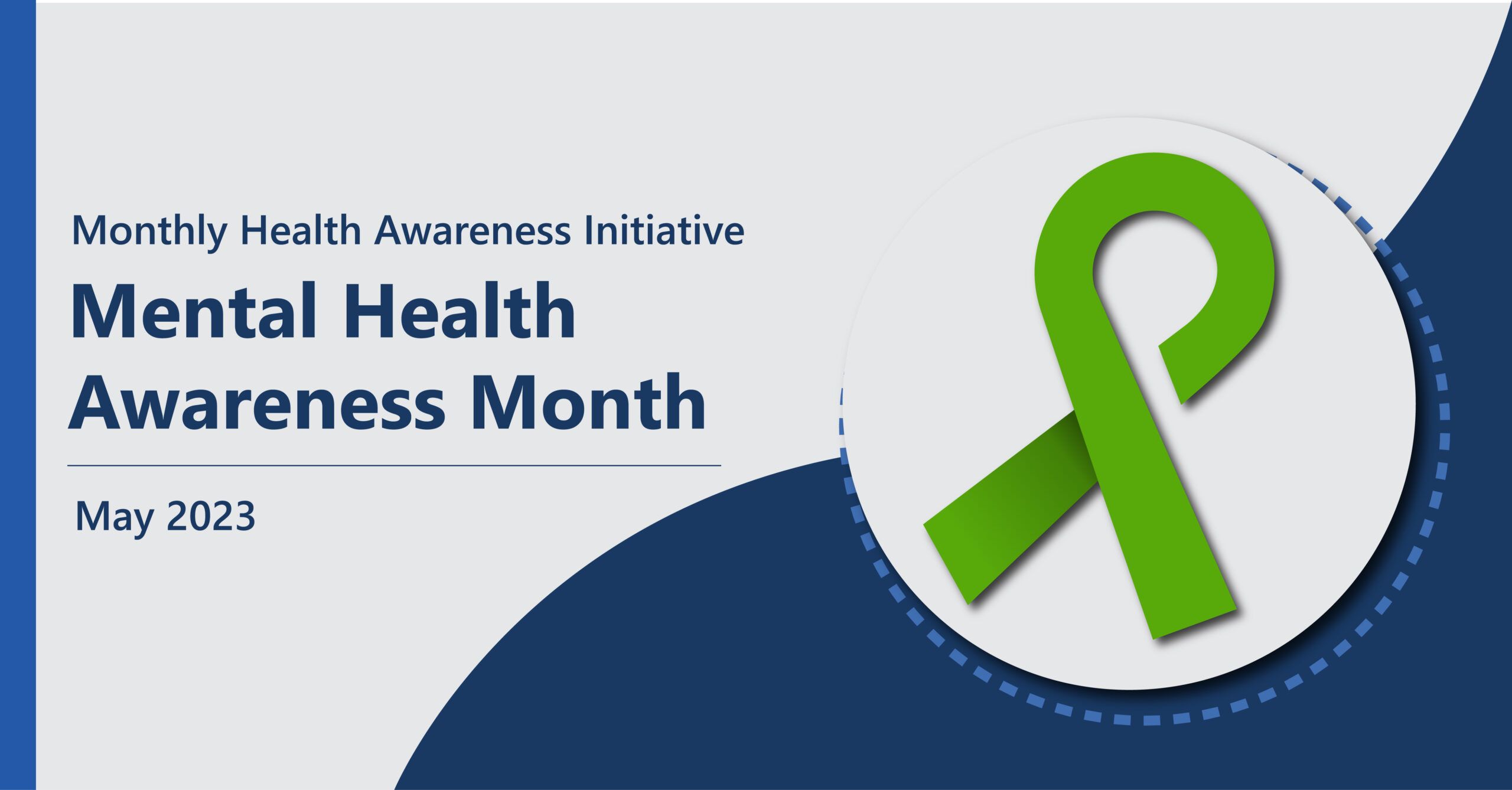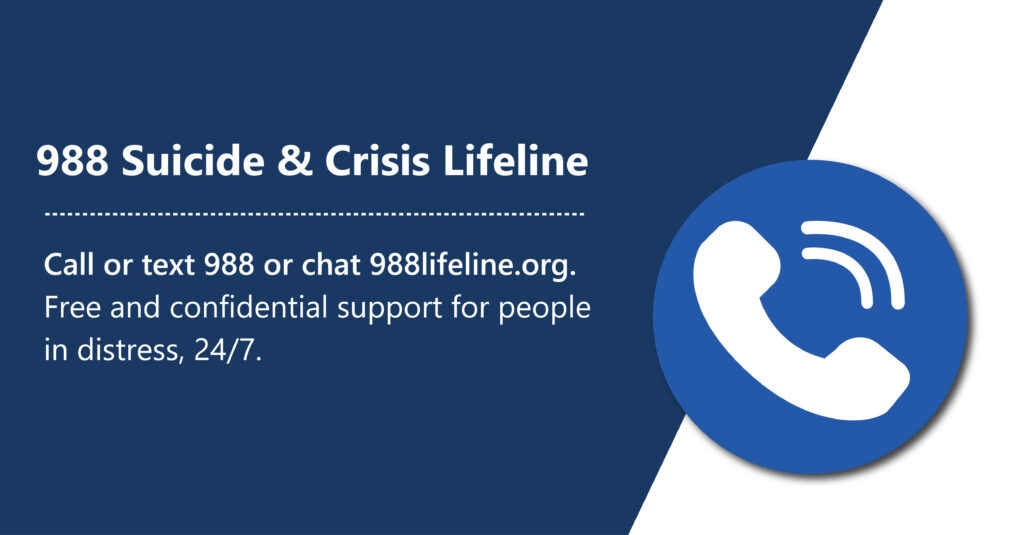
Mental Health Awareness Month
Did you know? May is Mental Health Awareness Month.
In a given year, 1 in 5 Americans will experience a mental illness and more than 50% of Americans will be diagnosed with a mental illness or disorder at some point in their lifetime1.
To improve access to mental health services, the Mental Health Parity and Addiction Equity Act (MHPAEA) was implemented in 2008 to instate health plan requirements to provide equal treatment of mental health conditions and substance use disorders as would be provided for medical or surgical benefits. What does this mean?
Mental Health Parity and Addiction Equity Act
MHPAEA was established, and has evolved over time, to subject requirements on large group plans, individual and small group plans, to provide the same limitations or allowances for physical and behavioral health care. An example of the law in action is that a co-pay to see a behavioral health provider cannot be higher than that to see a general practitioner. Ultimately, if a health plan offers a mental health or substance abuse benefit, they must provide a benefit that is at least equal to the physical health benefit.
How does MHPAEA Affect Mental Health Equity?
MHPAEA made it illegal for plans to discriminate or offer less generous benefits to people with behavioral health conditions. However, with consideration to equity, the enforcement of the law is managed at the discretion of each individual state leading to some national inequities in coverage. Although there are safeguards in place with the federal law being the minimum requirement, there are several advocates nationally pushing for increased mental health coverage and enforcement.
The need for access to and equitable mental health care goes beyond law and calls for change across the healthcare industry. Data shows that individuals from racial and ethnic minority groups face obstacles in accessing needed care2. There are several obstacles that may contribute to the disparity in outcomes, but racism and racial trauma are known factors that negatively impact mental health3. To learn about ways we as individuals, public health organizations, healthcare systems, states and communities can work together to promote health equity, visit the Centers for Disease Control and Prevention’s publication on Prioritizing Minority Mental Health.
How Can ProspHire Help?
At ProspHire, we continuously strive to improve access to care and address health disparities. While supporting health plans remain compliant with federal and state regulations, we identify opportunities to leverage regulatory programs and initiatives to drive further change to impact your members and our communities.
For more on our Clinical Practice and Addressing Health Disparities visit: prosphire.com.

Let’s have a conversation
ProspHire
216 Blvd of the Allies, Sixth Floor
Pittsburgh, PA 15222
412.391.1100
[email protected]
Quick Links
© 2024 ProspHire, LLC. All Rights Reserved / Terms of Use / Privacy Policy









